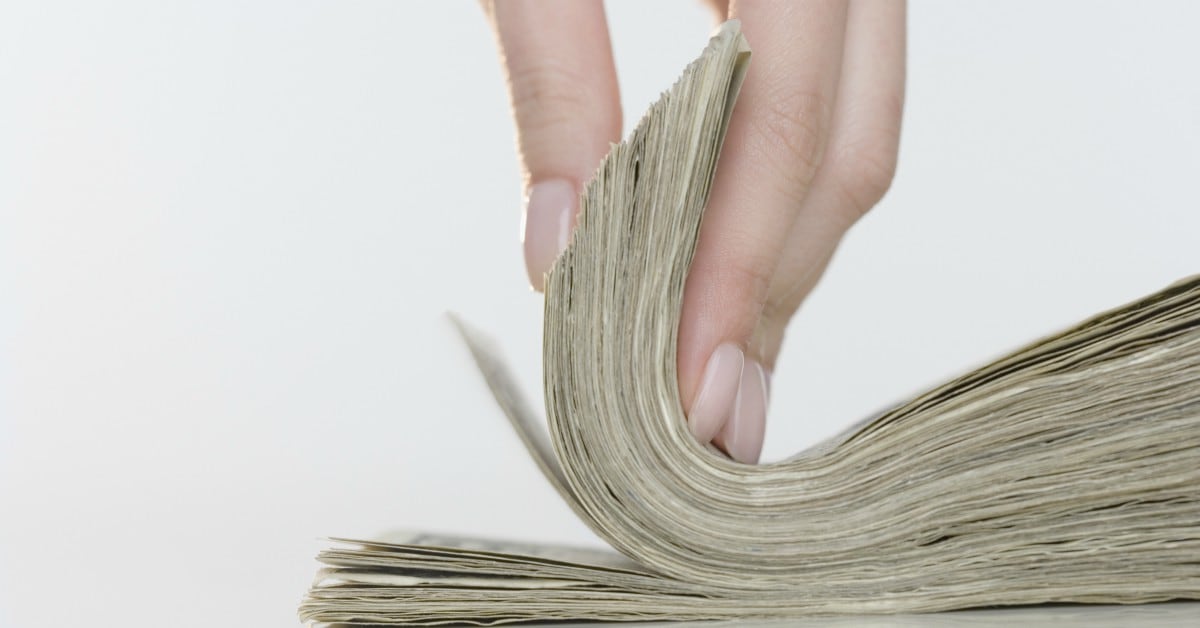Federal employees are paid on average 23.1 percent less than their private sector counterparts, according to calculations released by the Federal Salary Council at an Oct. 21 meeting.
That difference is slightly smaller than the 26.7 percent gap found in the same report last year, which also marked a decrease from the 31.8 percent gap found in 2018.
Those pay gap reductions may be attributable to the 1.9 and 3.1 percent pay raises feds received in 2019 and 2020.
“The pay gap is a national problem because it affects federal agencies and employees in every city, town and suburb where job candidates too often opt for the bigger private sector paycheck,” National Treasury Employees Union National President Tony Reardon said.
“Every year the council hears heartbreaking testimony from all over about unfilled federal vacancies, understaffed agencies, excessive overtime and poor retention rates.”
The disparity between federal and private sector pay has been hotly contested, as different methodologies for comparing the two have yielded different results.
The Federal Salary Council compares federal jobs with their closest private sector equivalents to determine what that federal employee could expect to receive doing the same kind of work outside the government.
But a 2017 Congressional Budget Office study — which compared feds and private sector employees based on education level — found that feds with only a high school education made significantly more than those with the same degree in the private sector, while feds with master’s degrees or higher made less.
That discrepancy, along with the generally more comprehensive benefits package that feds receive when compared with the private sector, has been used to justify efforts to cut federal pay and automatic annual increases in favor of performance-based bonuses.
Congress did not opt to include a federal pay increase in the continuing resolution it passed in September to fund the government through the middle of December, and lawmakers have not indicated whether such an increase would be included in the funding bill they have to pass once the CR expires.
President Donald Trump indicated in February that he planned to issue a 1 percent pay raise for feds without congressional intervention, though he has not reiterated that intent since.
“No one goes into public service because they expect to be wealthy, but it is not too much to ask that the government pay its workers a fair wage that helps them keep up with the cost of living and encourages them to stay in a job that serves their fellow Americans,” Reardon said.
Jessie Bur covers federal IT and management.





